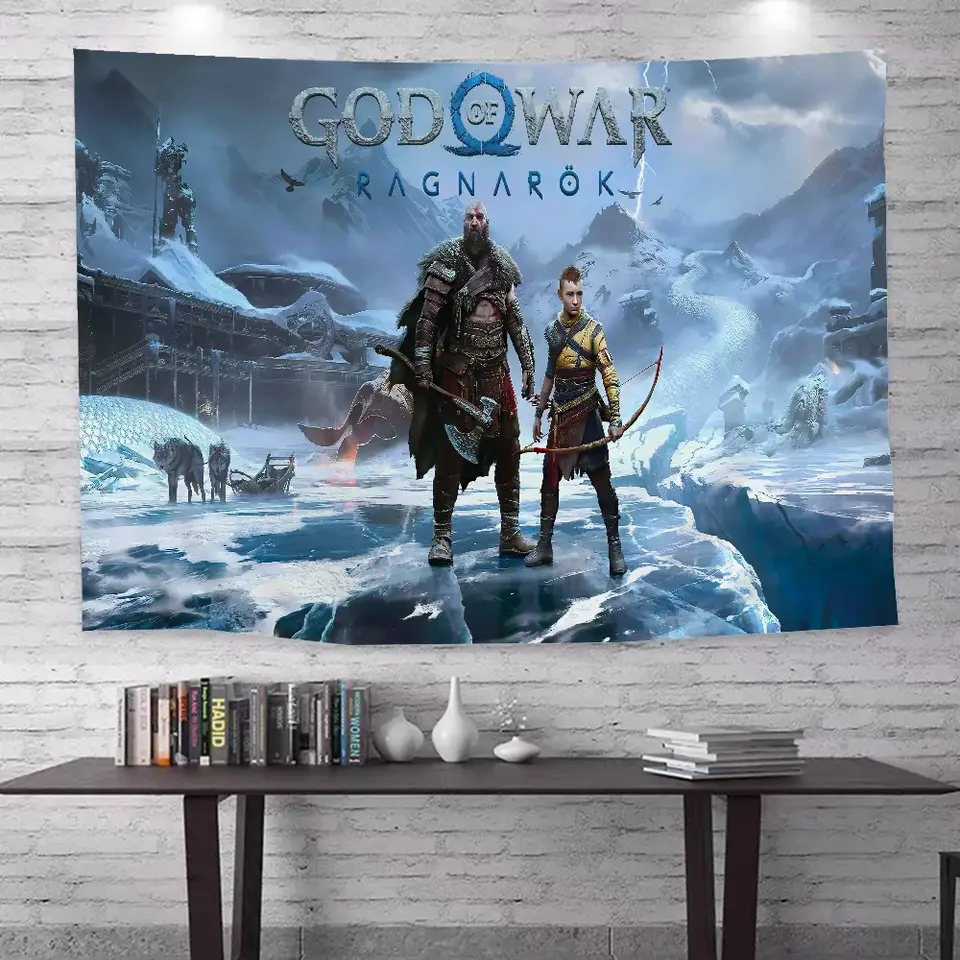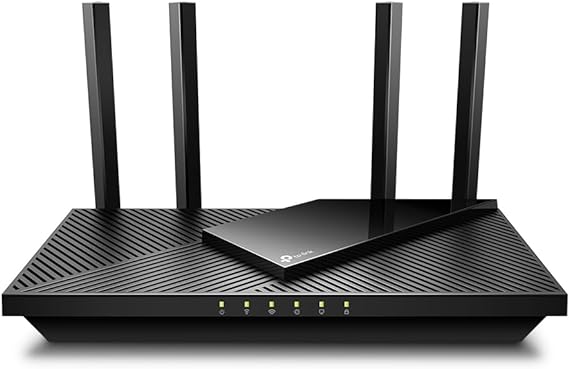📋 Table of Contents:
Why PC Gaming is Superior to Consoles: A Comprehensive Analysis
The battle between PC and console gaming has raged for decades. While consoles like PlayStation and Xbox offer simplicity and lower upfront costs, PCs dominate in terms of performance, flexibility, and overall experience. In this article, we’ll dive deep into why PC gaming is the ultimate choice for serious players.
1. Superior Performance: Higher FPS, Better Graphics
A. Raw Power & Processing
PCs use upgradable CPUs and GPUs, easily outperforming consoles, which are locked to fixed hardware for years.
PC games support higher frame rates (FPS), delivering smoother gameplay, especially in competitive titles like Fortnite or Call of Duty.
Resolution options are nearly limitless: 1080p, 1440p, 4K, and even 8K with ultra settings (including Ray Tracing).
B. Cooling & Stable Performance
Most PCs have advanced cooling systems (fans, liquid cooling), while consoles often suffer from thermal throttling, reducing performance under heavy load.
2. Flexibility & Upgradability: No Limits to Evolution
A. Customization & Upgrades
Consoles lock you into their hardware for 5-7 years, but PCs allow you to:
Upgrade the GPU for better performance.
Add more RAM for multitasking.
Install faster SSDs for near-instant load times.
B. Future-Proofing
No need to buy a whole new system every generation (e.g., PS5 → PS6)—just upgrade components as needed.
3. Massive Game Library & Backward Compatibility
A. Multiple Storefronts & Huge Discounts
PCs have access to Steam, Epic Games, GOG, Xbox Game Pass PC, and more, offering thousands of games at deep discounts (up to 90% off).
Indie games often debut on PC before (or instead of) coming to consoles.
B. Backward Compatibility
Most old PC games still work on modern hardware (even titles from the ’90s), while consoles frequently abandon backward compatibility (e.g., PS3 games on PS5).
C. Console Emulation (Unofficially)
You can play Nintendo Switch, PlayStation, and Xbox exclusives on PC using emulators (though legally questionable).
4. Mods & Custom Content
A. Active Modding Communities
Games like Skyrim, GTA V, and Minecraft have thousands of mods that add new content, improve graphics, or completely overhaul gameplay.
Some mods revive dead games or extend their lifespan for years.
B. User-Generated Tools
Players can create custom maps, weapons, and characters using tools like Unreal Engine or Unity.
5. Multiple Control Options
Keyboard & Mouse (best for FPS, strategy, and MMOs).
Any Controller (Xbox, PlayStation, or even Nintendo Switch controllers work on PC).
Specialized Peripherals (steering wheels, flight sticks, VR headsets).
Multi-Monitor & VR Support (Oculus Rift, Valve Index).
6. Better Long-Term Value
A. Cheaper Games & Frequent Sales
Platforms like Steam & Epic Games offer massive discounts (often 90% off).
Xbox Game Pass PC gives access to hundreds of games for a low monthly fee.
B. No Paid Online Subscriptions
Consoles force you to pay for PlayStation Plus or Xbox Live Gold just to play online—PC multiplayer is mostly free.
7. More Than Just Gaming: Productivity & Multitasking
Use the same rig for streaming, video editing, programming, or work.
Run multiple apps in the background (Discord, browser, recording software) without performance drops.
Console Advantages (And Why They’re Not Enough)
Plug & Play Simplicity – Good for casual gamers.
Exclusives (e.g., God of War, Halo) – But many are now coming to PC.
Lower Upfront Cost – PCs offer better long-term value.
Final Verdict: PC is the Ultimate Gaming Platform
If you want peak performance, unlimited flexibility, a vast game library, and full customization, PC is the clear winner. While consoles are great for casual play, PC gaming is the future of immersive, high-performance play.
Upgrading to a gaming PC isn’t just a hardware change—it’s a complete gaming evolution.

.png)






.jpg)